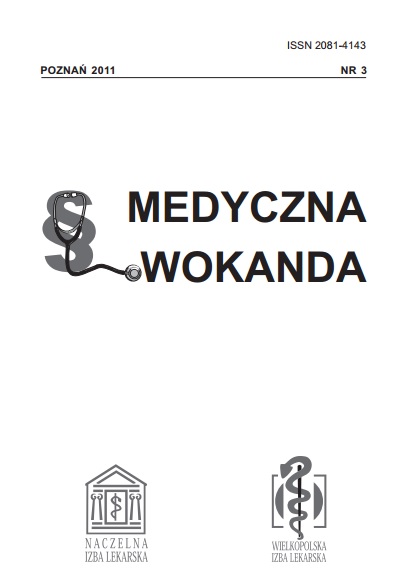Zwłoki ludzkie w kontekście pobrania komórek, tkanek
i narządów w celach transplantacyjnych i nie tylko
Human corpse in the context of cells, tissues and organs collection for transplantation and other purposes
Author(s): Teresa GardockaSubject(s): Law, Constitution, Jurisprudence, Civil Law, Human Rights and Humanitarian Law
Published by: Naczelna Izba Lekarska
Keywords: transplantation;
Summary/Abstract: Human body after death (the corpse) is subject to particular regulation in at least two aspects: as a potential source of material for transplantation (cells, tissues, and organs), and – as an object for burial. In the first case: there are two ways of deciding, while still alive, about the destiny of one’s body after death: either by clearly consenting, through making a statement, to the possible collection of one’s cells, tissues and organs or – by objecting to such action. If a given person avails oneself of neither option then he/she is resigned to statutory presumption. Theoretically, it could be either a presumption of consent, provided that the deceased had not made a statement objecting to such collection during his/her lifetime, or a presumption of a lack of such consent, if no document expressing a clear consent can be produced. The article indicates that the consent for collection of the material from human corpse for transplantation is not required by law. A conversation with the immediate family of the deceased should exclusively be a form of interpersonal contact, suggesting the value and the usefulness of a human body after death for somebody else.
Journal: Medyczna Wokanda
- Issue Year: 3/2011
- Issue No: 3
- Page Range: 93-100
- Page Count: 8
- Language: Polish

